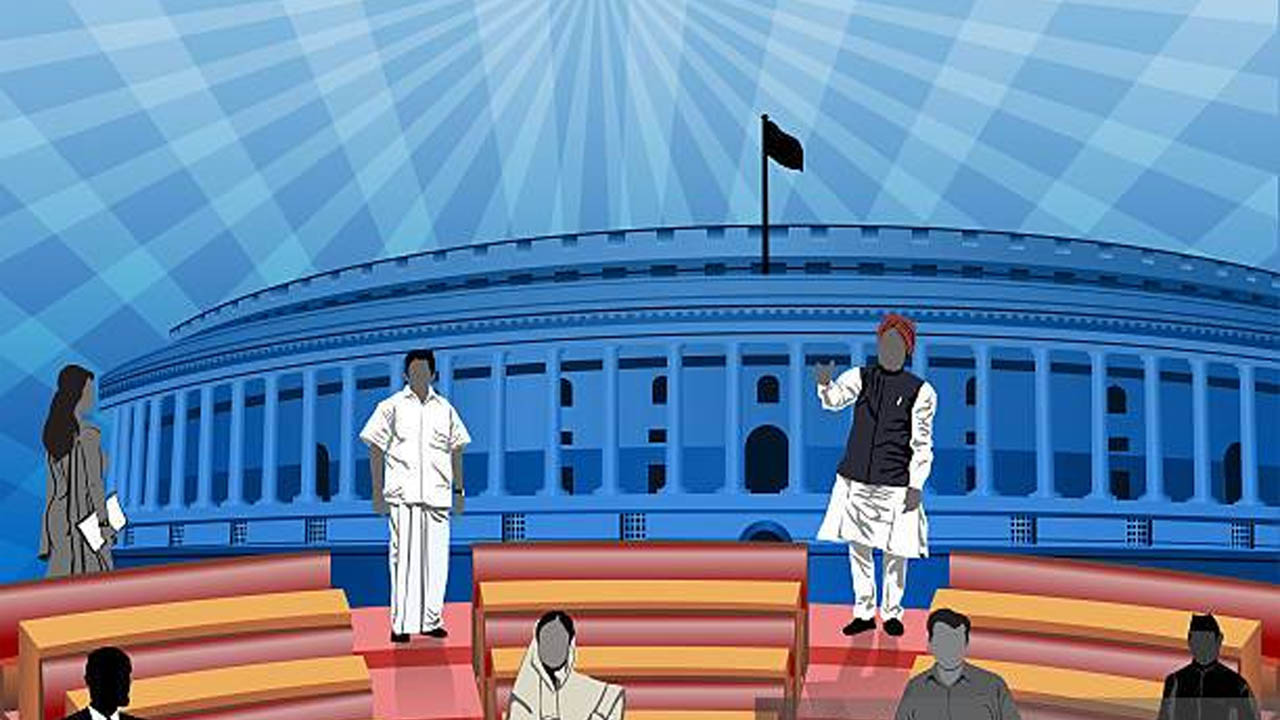An analysis said that out of all 243 candidates, contesting from 28 Assembly constituencies that are going to the polls on May 13, as many as 70 (29%) candidates are crorepatis.
· This affluent segment spans across major political parties, including the Biju Janata Dal (BJD), Bharatiya Janata Party (BJP), Indian National Congress (INC), and the Aam Aadmi Party (AAP).
· Biplab Patro from the BJD leads the pack with Rs 33.36 crore, followed by Bikram Kumar Panda (BJD) with Rs 15.94 crore and Sudhir Ranjan Pattjoshi (BJP) with Rs 12.01 crore.
· Shockingly, 27% of the contestants, totalling 65 individuals, have pending criminal cases against them, as per the ADR report.
· BJP leads the tally with 18 candidates, followed closely by Congress with 17, BJD with 9, and AAP with 3 candidates embroiled in legal troubles.
As Odisha braces itself for the upcoming assembly elections, a meticulous analysis conducted by the Odisha Election Watch and the Association for Democratic Reforms (ADR) has provided a comprehensive snapshot of the candidates vying for office in the 28 constituencies slated for polls on May 13. Delving into the self-sworn affidavits of the contestants has unraveled significant insights into their financial status and legal histories, painting a nuanced picture of the electoral landscape.
The scrutiny of affidavits has unearthed a notable presence of affluent candidates, with a striking 29% of the contenders identified as crorepati, boasting declared assets surpassing the Rs 1 crore mark. This affluent segment spans across major political parties, including the Biju Janata Dal (BJD), Bharatiya Janata Party (BJP), Indian National Congress (INC), and the Aam Aadmi Party (AAP), underscoring the financial diversity within the electoral arena.
Among the contenders flaunting substantial assets, the top 10 candidates with the highest declared wealth command attention. Biplab Patro from the BJD leads the pack with an impressive Rs 33.36 crore, followed by Bikram Kumar Panda (BJD) with Rs 15.94 crore and Sudhir Ranjan Pattjoshi (BJP) with Rs 12.01 crore. These affluent individuals, hailing from various constituencies, epitomize the economic stakes and financial disparities inherent in the electoral process.
However, alongside the display of wealth, a concerning trend emerges with regards to candidates entangled in criminal allegations. Shockingly, 27% of the contestants, totaling 65 individuals, have pending criminal cases against them, as per the ADR report. Of this cohort, 20% face serious criminal charges, reflecting a troubling aspect of criminality permeating the political fabric.
The distribution of candidates with criminal cases unveils a disconcerting reality, cutting across party lines. BJP leads the tally with 18 candidates, followed closely by Congress with 17, BJD with 9, and AAP with 3 candidates embroiled in legal troubles. This pervasive presence of criminal allegations underscores the imperative for stringent vetting processes within political organizations.
While a significant portion of candidates flaunt considerable wealth, the report highlights disparities in asset distribution. Some candidates boast assets exceeding Rs 5 crore, while others fall within the range of Rs 2 crore to Rs 5 crore. These variations underscore the economic diversity and financial complexities inherent in the electoral fray.
Biplab Patro emerges as the wealthiest candidate, symbolizing the pinnacle of financial prowess with assets worth Rs 33.36 crore. Trailing behind are Bikram Kumar Panda and Sudhir Ranjan Pattjoshi, representing the economic diversity and financial stakes characterizing the electoral landscape.
In light of these revelations, as Odisha prepares to exercise its democratic rights, the findings serve as a clarion call for enhanced scrutiny and vigilant oversight. With wealth and criminality shaping the electoral narrative, ensuring the integrity and transparency of the electoral process remains paramount. As citizens embark on the journey of electing their representatives, a vigilant eye must be cast on the candidates’ credentials, underscoring the foundational principles of democracy.
(With inputs from agencies)








